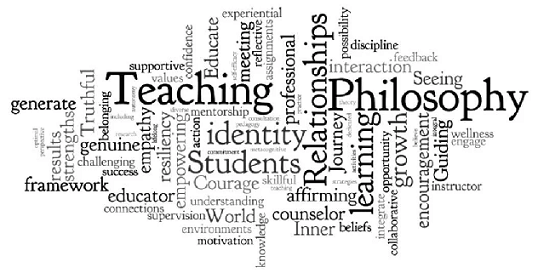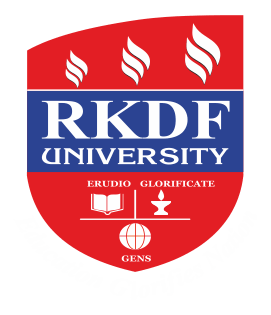Philosophy of Teaching
Make Education A Reality
 The philosophy of teaching and examination aim to develop a number of qualities in students such as:
The philosophy of teaching and examination aim to develop a number of qualities in students such as:
 Sustained Disciplined Work.
Sustained Disciplined Work. Self Learning.
Self Learning. Flexibility in Pace of Learning.
Flexibility in Pace of Learning. Design Orientation.
Design Orientation. Quality Consciousness.
Quality Consciousness. Co-operative working etc.
Co-operative working etc.
Accordingly the course structure of each program have been prepared for credit based semester system. The Courses are designed to provide a strong blend of class room lectures, tutorials, laboratory work, hands-on practice oriented projects, design projects, plant visits and seminars. Provision of electives and flexibility of choosing extra credits give the students an opportunities to develop in areas of their interest.
Following are the various value added courses /enrichment programmes offered to ensure holistic development of students: Moral, Social and Ethical Values Regarding theses values, the students are being taught about the moral, social, ethical and behavioral values through professional ethics and human values classes and through talks by distinguished person in these fields. Further, discipline and punctuality etc are inculcated in to their minds by the faculty. Employable and Life Skills As communication skill is necessary for employment, the institute takes extra care for the development of communication skills of the students through personality development programs, group discussion, debate.
The concept of transparent continuous evaluation is followed. The students have to appear in Mid Semester Examination (MSE) and End Semester Examination (ESE) in every semester, besides students are required to be regular in attendance. The results are announced within two weeks of examinations. Grade system is followed.
Feedback System Student feedback on courses is an essential element in quality assurance. Questionnaires are of primary importance in the dialogue with students, since they are the best tool we currently have for collecting objective, detailed and reasonably systematic information on a wide range of questions, which:
 Informs the teacher about students' perceptions of the course's strengths and weaknesses..
Informs the teacher about students' perceptions of the course's strengths and weaknesses.. Can prompt changes in delivery methods, course content, the provision of resources and the structures of support and guidance for the course..
Can prompt changes in delivery methods, course content, the provision of resources and the structures of support and guidance for the course.. Are useful to staff maintaining teaching portfolios..
Are useful to staff maintaining teaching portfolios.. Are central to monitoring of teaching standards..
Are central to monitoring of teaching standards..
























